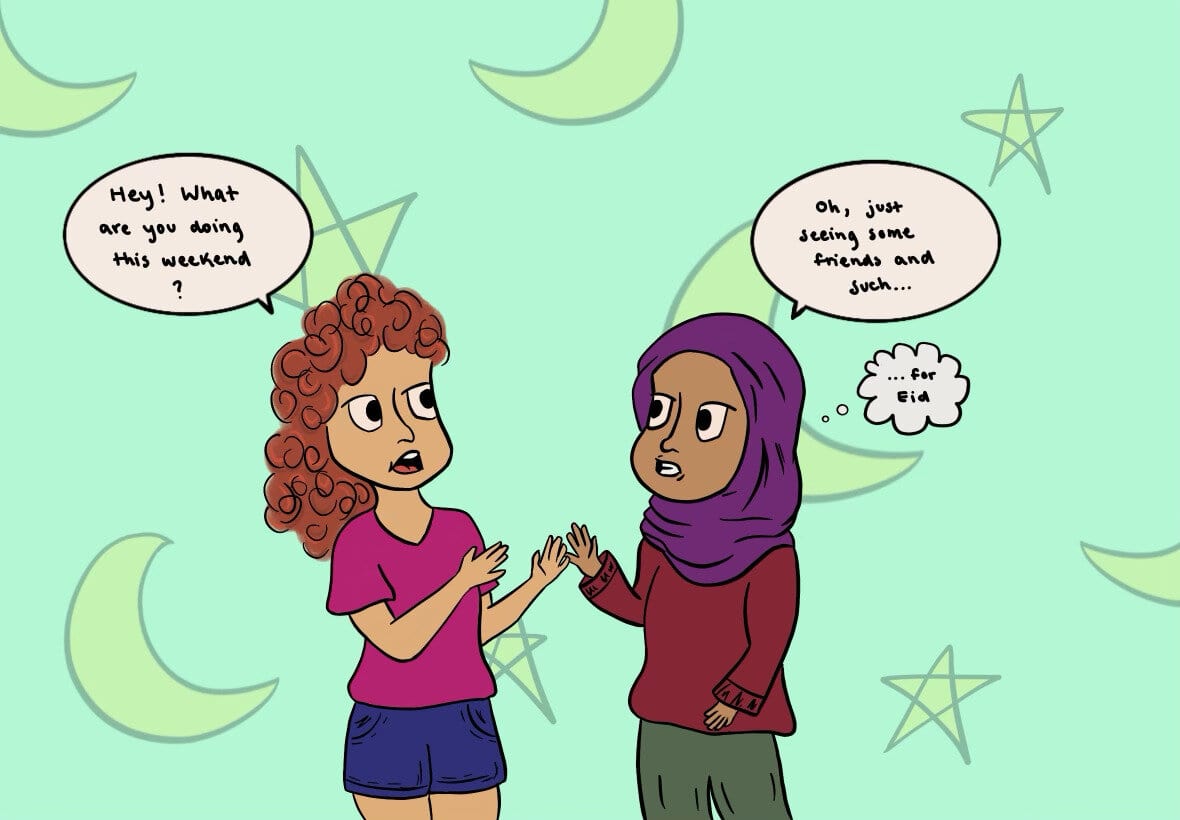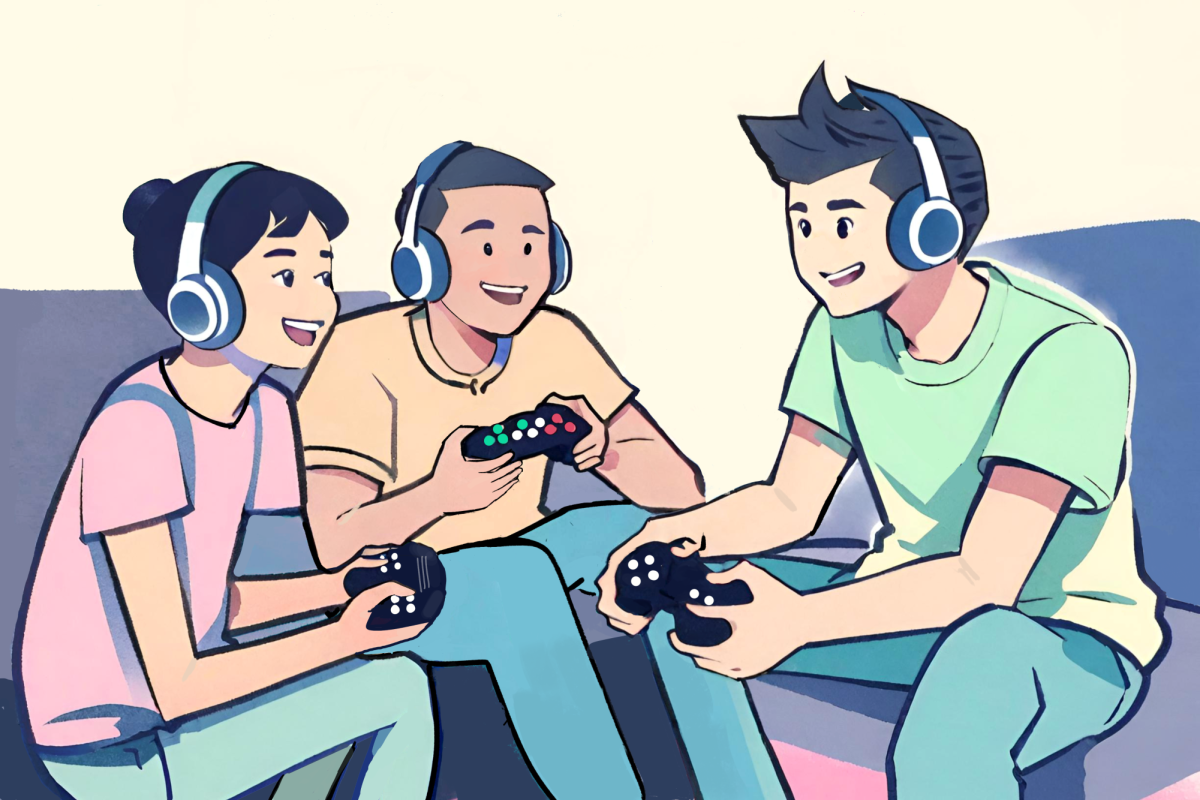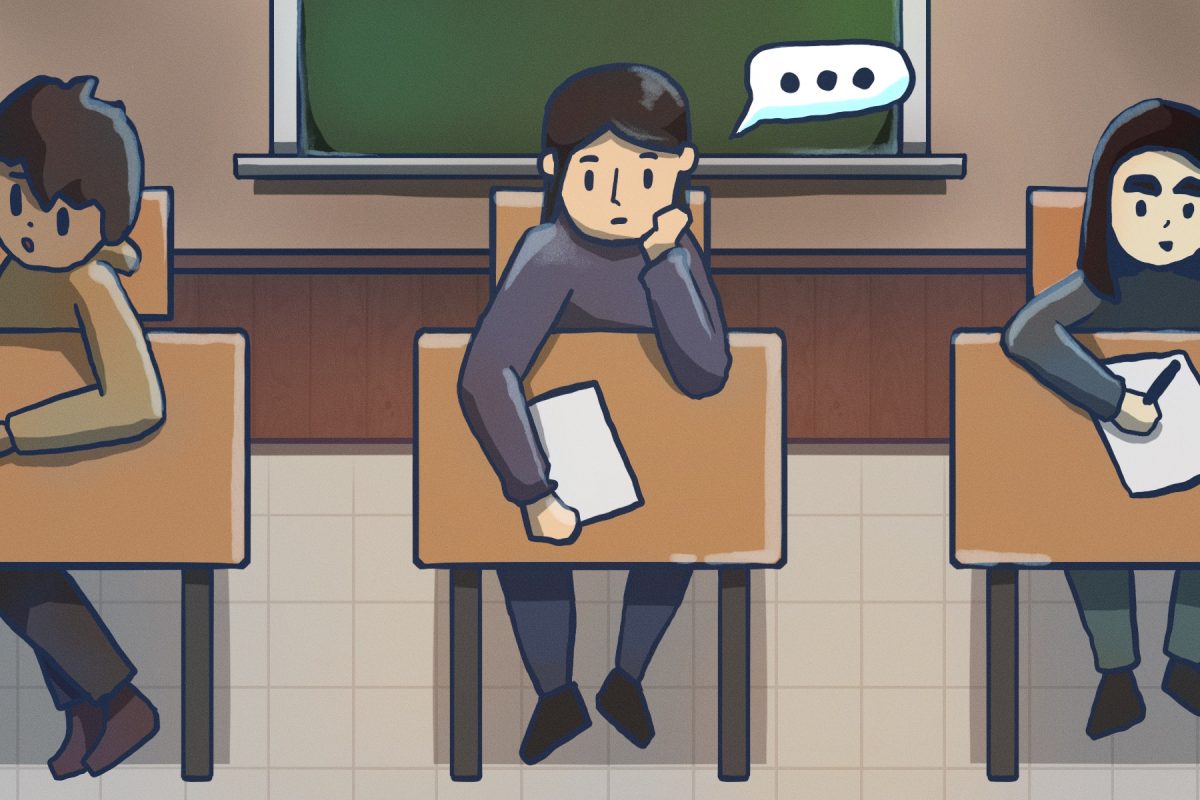A priest, a rabbi and a chicken crossed the road and walked into a bar. They all said ouch.
Good joke, am I right?
Laughter. Laughter studs our lives, yet we know so little about it. We have all these words in the English language to classify different varieties: the giggle, the chuckle, the cackle, the guffaw. But the fact remains, we don’t know why we laugh.
We know laughter is subconscious, contagious, stress-relieving and social. We know we aren’t the only animals to exhibit forms of laughter. We know we learn to laugh before we even learn to speak. But, what’s funny? What makes a joke truly a joke?
I know how to make people laugh because I know what makes me laugh. But nobody ever stops to think about why we find things amusing. There are several theories but they are, after all, only theories.
One known as the superiority theory suggests that we laugh at others’ misfortune because we feel superior to them. We find joy in knowing we are smarter and stronger than others. This theory dates back to Aristotle and Plato, probably after they laughed toga-ether (eh?) about being wiser than all the peons around them.
But this only holds true to a certain extent for me. I might laugh at a friend who completely misses his soccer goal and kicks it in the wrong direction, because I feel superior to him. But I would draw the line when he shatters his femur doing so. Essentially, whether subconscious or not, we stop laughing when it’s appropriate to do so.
The incongruity theory hypothesizes that we laugh at the unexpected; when things don’t add up. Again though, it’s not all-encompassing. I would crack up if my math teacher suddenly started to break dance, but I wouldn’t find it funny at all if she sprung a pop quiz on my class.
Others include the benign violation theory, the release theory, blah blah blah… boring right? It’s time for some theories of my own:
1)The really deep inside joke theory: Every joke stems from one original joke long ago. Each subsequent joke reminds us of a joke, which reminds us of a long string of jokes and eventually reminds us of the first mother of all jokes. It’s like a really long, convoluted inside joke shared with the whole world.
2)The exception theory: Humor is the reaction we choose when we don’t know how to react. If it’s not sad, frustrating, or anything else, we laugh. It’s like the body’s alternative music genre; where we lodge stuff in our brain when it doesn’t fit anywhere else.
3)The mating call theory: Laughter is a human mating call. This theory’s not very developed yet.
There’s a minor caveat though. I’m afraid if I overanalyze humor, things will stop being funny. Therefore, in fear of downgrading to a coldly rational and deadpan lifestyle, I’m going to forget I ever did this research. As for you, forget you read this blog. Kapeesh? Great.












